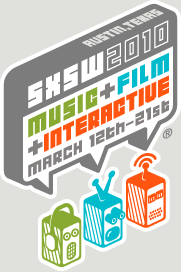He was a speaker at TEDxNYed, an independently organized TED event focused on "the role of new media and technology in shaping the future of education." He used that opportunity to rail against the one-sidedness of educators talking at students, rather than with them.
"There’s another model for an alternative to the lecture and it’s Dave Winer’s view of the unconference. At the first Bloggercon, Dave had me running a panel on politics and when I said something about “my panel,” he jumped down my throat, as only Dave can. “There is no panel,” he decreed. “The room is the panel.” Ding. It was in the moment that I learned to moderate events, including those in my classroom, by drawing out the conversation and knowledge of the wise crowd in the room."
It's worth a read. I happen to think that many TED talks have a lot more going on than people telling me facts, but rather telling me stories, explaining how their brand of thinking is beneficial to their given field because they have thought outside of the norm. I do agree with some of his points on education, but see a distinction between institutional learning and TED talks. At the very least, this is some food for thought as we here at Indirect Collaboration make our final preparations for our SXSW panel next week.





On Jeff Jarvis' comments about education, I think he's underestimating the extent to which constructivism has already become an important part of the K-12 classroom. I would also point to growing influence of the Partnership for 21st Century Skills with it's focus on building problem solving, creativity, collaboration, and other higher order skills:
ReplyDeletehttp://www.21stcenturyskills.org/
Also, I recommend being lectured to by the following related TED talks:
http://www.ted.com/talks/ken_robinson_says_schools_kill_creativity.html
http://www.ted.com/talks/lang/eng/gever_tulley_s_tinkering_school_in_action.html